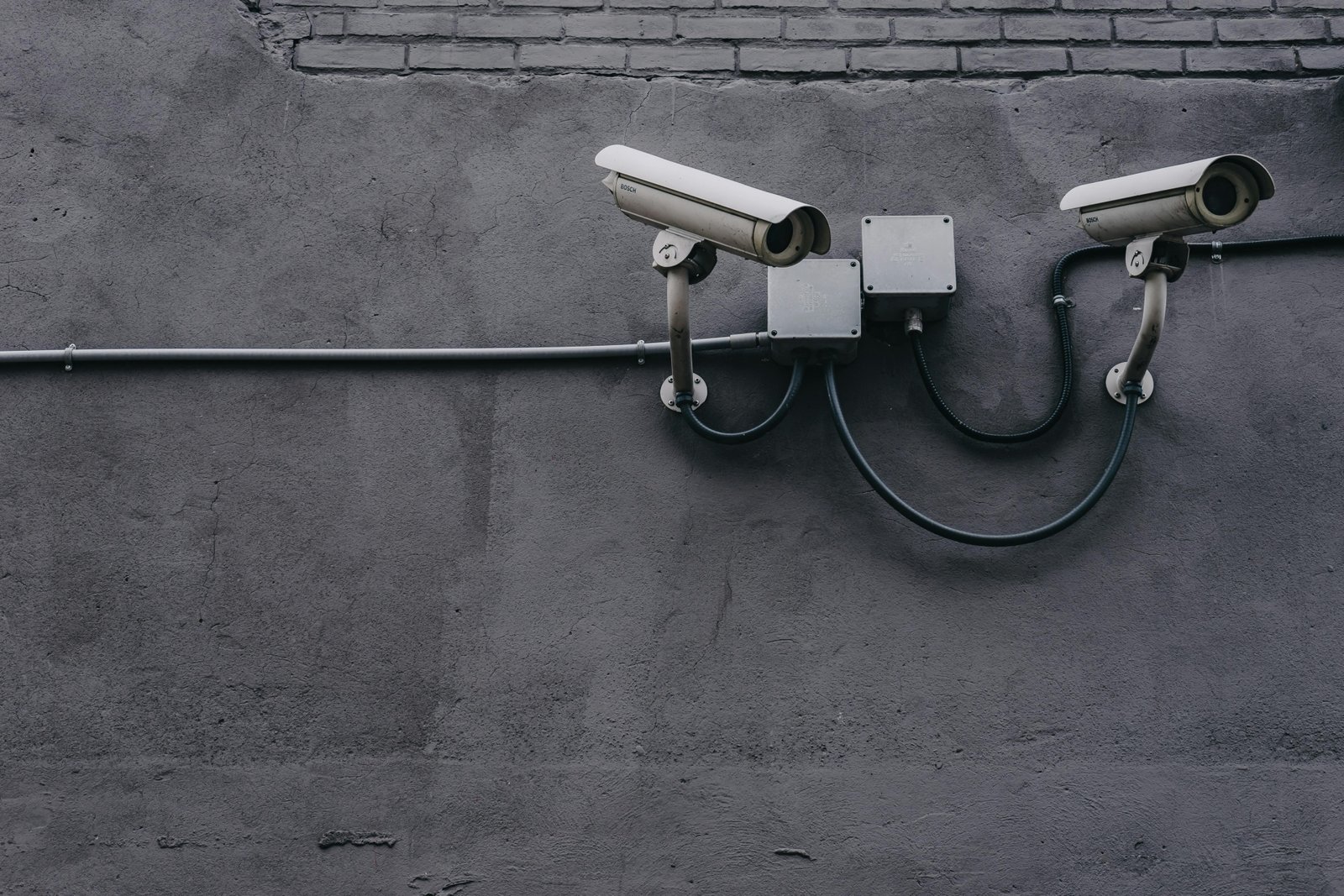[ad_1]
In today’s fast-paced, digital-first world, cybersecurity is no longer a niche concern for tech experts or large organisations. It’s a daily reality for everyone, from teenagers sitting exams and buying concert tickets, to retirees checking emails or using smart cameras at home.
Cybercrime doesn’t discriminate. It targets people of all ages, exploiting lapses in concentration, curiosity, or goodwill.
As a Garda Crime Prevention Officer, I’ve seen first-hand how a momentary lapse in digital judgement can cause months of stress, financial loss, or even reputational damage.
Let me take you through some common threats currently circulating across Ireland—and what you can do to protect yourself and your family.
Festival Fever: The Ticketing Trap
With the summer now upon us, many people – especially students – are eager to snap up tickets for concerts, music festivals, and sporting events. Unfortunately, this is prime hunting season for scammers. MORE BELOW PICTURE.
Electric Picnicers in 2023. Pic: Alf Harvey
Fake websites and dodgy social media accounts will offer “last minute” or “discounted” tickets that don’t exist.
Here is some key advice:
- Buy only from official ticketing platforms or verified resellers like Ticketmaster Resale.
- Be cautious if someone insists on bank transfer or Revolut rather than card payment. These methods offer little consumer protection.
- Screenshotting a QR code someone sends you as proof of a legitimate ticket proves nothing – it’s often fake or already used.
- Before parting with your money, stop and ask yourself: “Would I hand over cash this easily if this was in person?”
Connected But Exposed: CCTV and Smart Cameras
More homes than ever now have domestic CCTV, smart doorbells, or indoor monitoring systems. These can be powerful deterrents and helpful for crime detection – but only if set up securely.
Hackers are now targeting poorly secured home systems, not just to spy, but to access broader wi-fi networks and data. MORE BELOW PHOTO.

CCTV camera. Pic: Scot Webb / pexels
Secure your home tech:
- Change the default password immediately on installation. Never leave the factory password in place.
- Use two-factor authentication (2FA) where possible.
- Regularly update firmware and apps associated with smart devices.
- Avoid cheap, unbranded systems bought online. Stick to reputable makes that meet data protection and security standards.
- If you’re not sure whether your system is secure, ask a trusted IT professional—or even reach out to your local Garda Crime Prevention Officer for general advice.
Email Hacks: When the Familiar Becomes Fraud
One of the fastest-growing cybercrime trends is email compromise. This is where a scammer gains access to your inbox and monitors your messages – sometimes for weeks – before striking.
The goal? To impersonate you or someone you trust. We’ve seen:
- People paying fake invoices from hacked suppliers
- Fraudsters impersonating relatives in financial distress.
Stay one step ahead:
- Use strong, unique passwords for each account.
- Activate 2FA on your email and key apps.
- Never click on suspicious links or attachments, especially if the email seems slightly off in tone or grammar.
- If you receive an unexpected message requesting money or personal info -verify it through another method (e.g. a phone call).
Fake Profiles: Scams Wearing a Friendly Face
Social media and online marketplaces are awash with fake profiles. These might claim to be selling something, looking for friendship – or worse, romance. The goal is always the same: to gain your trust and then exploit it.
Romance fraud is particularly devastating. Victims often don’t realise they’ve been scammed until thousands of euro have been handed over. These criminals are highly manipulative, emotionally intelligent, and patient.
Tips to stay safe:
- Never share personal or financial details with someone you’ve never met in real life
- Be cautious of overly flattering language early in an online relationship.
- If something feels too good to be true, it probably is.
- On buying/selling platforms, meet in public spaces, and never post your full address or Eircode publicly.
Money Mules: The Summer Job Scam
With exams finishing, many young people are looking for ways to earn money. Unfortunately, this creates a perfect storm for money mule recruiters—scammers who trick individuals into laundering money through their own bank accounts.
It might start with an ad saying “make €500 from home” or “easy money, no experience needed.” They’ll ask you to receive money and transfer it elsewhere. By doing so, you’re committing a criminal offence, even if you didn’t know at the start. MORE BELOW PICTURE.

Picture by Rahul Pandit/ Pexels
Advice for students and parents:
- Be wary of vague job offers that promise large sums for little work.
- If a “job” requires using your own bank or Revolut account, it’s almost certainly a scam.
Parents: Talk to your teenagers about money muling. Once caught, the consequences are serious – ranging from frozen bank accounts to criminal records that could affect travel or job opportunities.
Final Thoughts: Digital Hygiene Is Everyone’s Responsibility
Cybersecurity doesn’t have to be complicated. A few proactive steps can significantly reduce your risk:
- Install antivirus software and keep devices updated.
- Use a password manager to generate and store secure logins.
- Pause before you click—many scams rely on speed, panic, or pressure.
- Keep the conversation going in your household. What you know might help your child, parent, or friend avoid becoming a victim.
If you ever feel you’ve been targeted or defrauded, report it immediately to your bank, email provider, and Gardaí via your local station or www.Garda.ie. The earlier you act, the better the chance of recovering lost funds or preventing further harm.
Cybersecurity is not just about protecting devices – it’s about protecting people.
READ ALSO: Laois Offaly garda warning about ticket scams
And, finally, in an age where our digital and real lives are tightly woven, awareness is your best defence.
Sergeant Graham Kavanagh is a Crime Prevention Officer with An Garda Síochána and a qualified practitioner in Crime Prevention Through Environmental Design (CPTED), cybersecurity, and community safety.
[ad_2]
Source link
Click Here For The Original Source.

